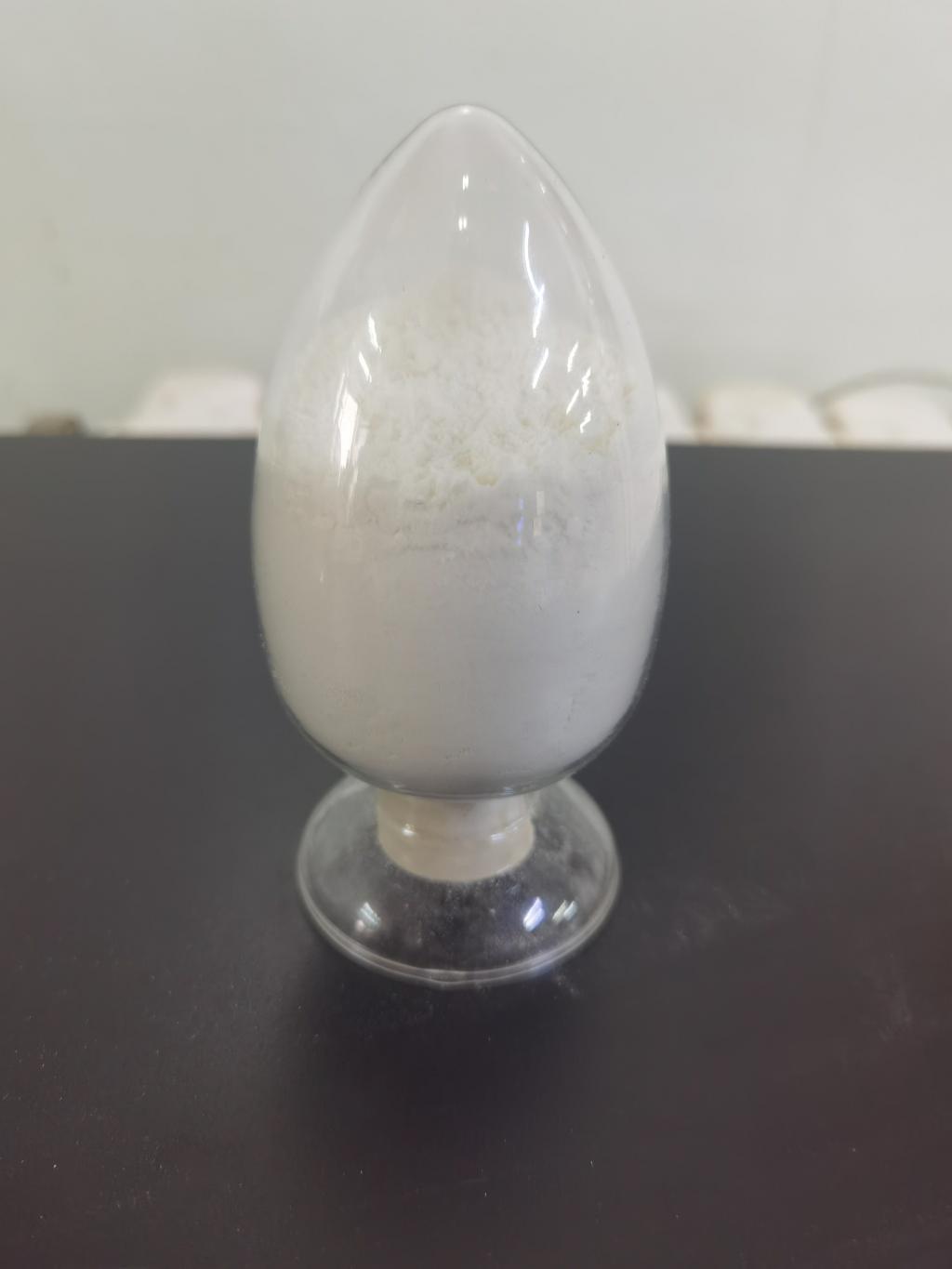Tel:+8618231198596

News
 CONTACT
CONTACT
 CONTACT
CONTACT
- Linkman:Linda Yao
- Tel: +8618231198596
- Email:linda.yao@dcpharma.cn
- Linkman:CHARLES.WANG
- Department:Overseas
- Tel: 0086 0311-85537378 0086 0311-85539701
News
What is the current market availability and commercial availability of ε-Polylysine hydrochloride?
TIME:2023-07-10
Production and Sources:
ε-Polylysine hydrochloride is primarily produced through the fermentation of specific strains of Streptomyces albulus or Streptomyces griseoflavus bacteria. These bacteria naturally produce ε-polylysine as a protective agent against other microorganisms. The fermentation process involves cultivating the bacteria in a nutrient-rich medium and then isolating and purifying ε-polylysine hydrochloride from the resulting fermentation broth.
Regulatory Status:
In several countries, ε-polylysine hydrochloride has been approved for use as a food preservative. It is generally recognized as safe (GRAS) by regulatory agencies such as the U.S. Food and Drug Administration (FDA) and the European Food Safety Authority (EFSA). These approvals highlight its safety for consumption within specified limits.
Market Availability:
3.1 Global Market: The market for ε-polylysine hydrochloride has experienced significant growth in recent years. It is primarily driven by the increasing demand for natural and safe preservatives in the food industry. The global market for ε-polylysine hydrochloride is expected to witness continued growth due to its efficacy against spoilage and pathogenic microorganisms.
3.2 Applications: ε-Polylysine hydrochloride finds applications in various food products, including dairy, meat and poultry, seafood, bakery and confectionery, beverages, and processed foods. Its ability to inhibit the growth of a wide range of microorganisms makes it suitable for use in diverse food matrices.
Commercial Availability:
ε-Polylysine hydrochloride is commercially available from several manufacturers and suppliers. These companies produce and distribute ε-polylysine hydrochloride as a powdered or granular form, making it convenient for food manufacturers to incorporate it into their products. The availability of ε-polylysine hydrochloride may vary across regions, but it is generally accessible to the food industry worldwide.
Product Variants and Concentrations:
ε-Polylysine hydrochloride is available in various concentrations, typically ranging from 95% to 99%. The selection of the concentration depends on the specific application and desired antimicrobial efficacy. Manufacturers may also offer customized concentrations based on customer requirements.
Packaging and Handling:
ε-Polylysine hydrochloride is typically packaged in sealed containers, such as plastic or paper bags, to protect it from moisture and external contaminants. Proper handling and storage conditions are crucial to maintaining its stability and effectiveness. It is recommended to store ε-polylysine hydrochloride in a cool, dry place away from direct sunlight.
Commercial Considerations:
The cost of ε-polylysine hydrochloride can vary depending on factors such as concentration, quantity, and supplier. Food manufacturers need to consider the cost-effectiveness and potential benefits of incorporating ε-polylysine hydrochloride into their formulations. It is important to assess the product quality, reliability of the supplier, and adherence to regulatory requirements when selecting a commercial source.
Future Outlook:
The market and commercial availability of ε-polylysine hydrochloride are expected to grow as the demand for natural preservatives continues to rise. Advancements in production techniques and increasing consumer awareness regarding food safety and quality are likely to drive the market further. Ongoing research and development efforts may lead to the introduction of innovative formulations and applications of ε-polylysine hydrochloride in the future.
Conclusion:
ε-Polylysine hydrochloride is a commercially available natural preservative widely used in the food industry. Its regulatory approvals, broad-spectrum antimicrobial activity, and market availability make it an attractive choice for food manufacturers seeking safe and effective preservation solutions. As the demand for natural preservatives grows, ε-polylysine hydrochloride is expected to play an increasingly significant role in ensuring the quality, safety, and extended shelf life of various food products globally.
- Tel:+8618231198596
- Whatsapp:18231198596
- Chat With Skype







